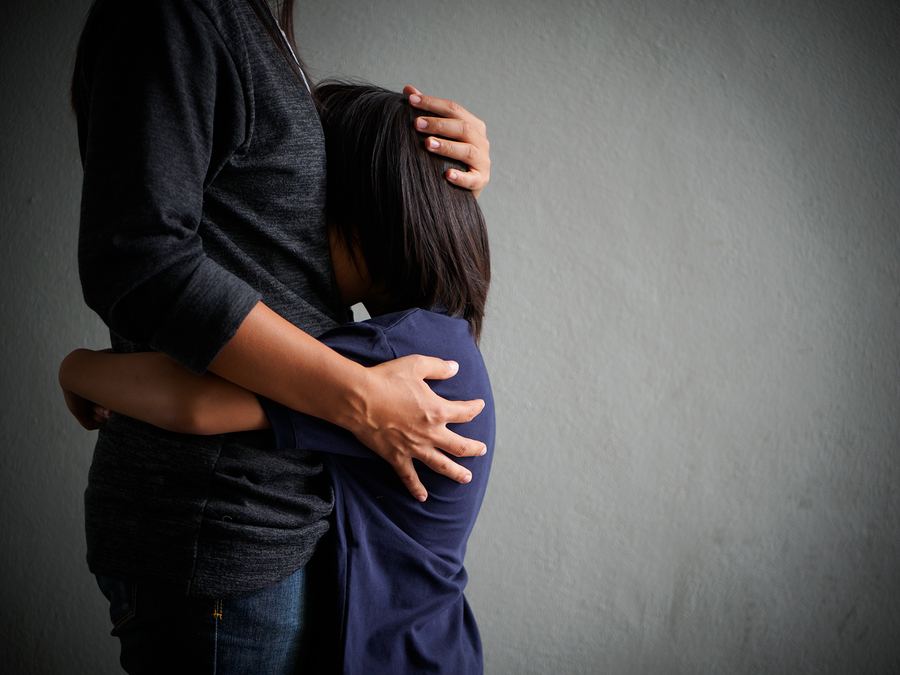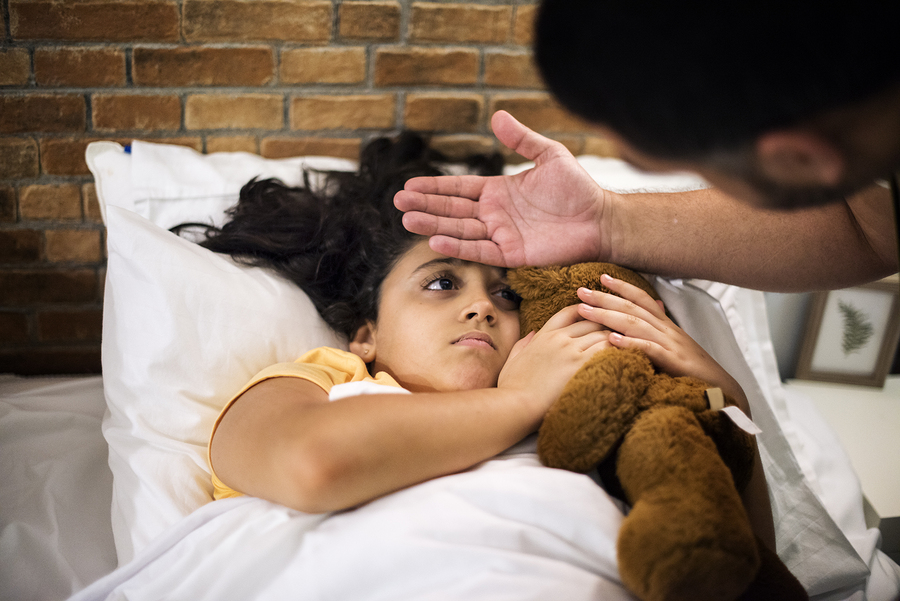Gender stereotypes in South Asian families can start as young as birth and as we continue to empower our daughters and sons to continue to break stereotypes at home and outside the home as they grow up, it’s important we are using empathy in all our messages to children. Do you react differently to your daughters and son’s pain for example? A new study confirms that gender stereotypes are hurting children and that we may be underestimating the level of pain in children based on gender.

The study out of Yale University published in Journal of Pediatric Psychology showed when American adults were asked to assess how much pain a child is experiencing based on the observation of identical reactions to a finger-stick, they believe boys to be in more pain than girls. The researchers associated this downgrading of the pain of girls and/or upgrading of the pain of boys to culturally ingrained, and scientifically unproven, myths like “boys are more stoic” or “girls are more emotive.”
In the study, a diverse sample of American adults watched the same video of a 5-year-old receiving a finger-stick at a pre-Kindergarten doctor’s visit, and afterwards were asked to rate how much pain they thought the child was actually experiencing. While all participants watched an identical video of an identical child exhibiting identical pain-display behaviours, the group who knew the child as “Samuel” said he was in more pain than the group who knew her as “Samantha.” This new research backs up studies done on gender stereotyping and biased clinical assessment of pain in adult patient populations but is only the second of its kind to take these questions to the pediatric level.

“We really hope that these findings will lead to further investigation into the potential role of biases in pain assessment and health care more generally,” said Joshua Monrad ’20, second author on the study. “If the phenomena that we observed in our studies generalize to other contexts, it would have important implications for diagnosis and treatment. Any biases in judgments about pain would be hugely important because they can exacerbate inequitable health care provision.”
This study was funded by the Yale University Department of Psychology.



There are no comments
Add yours